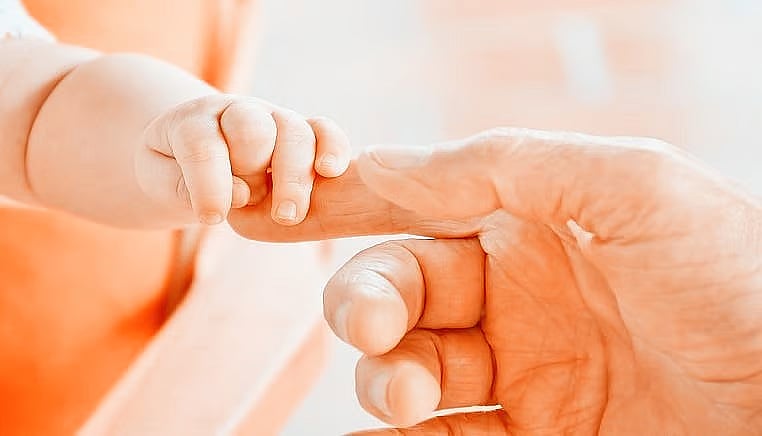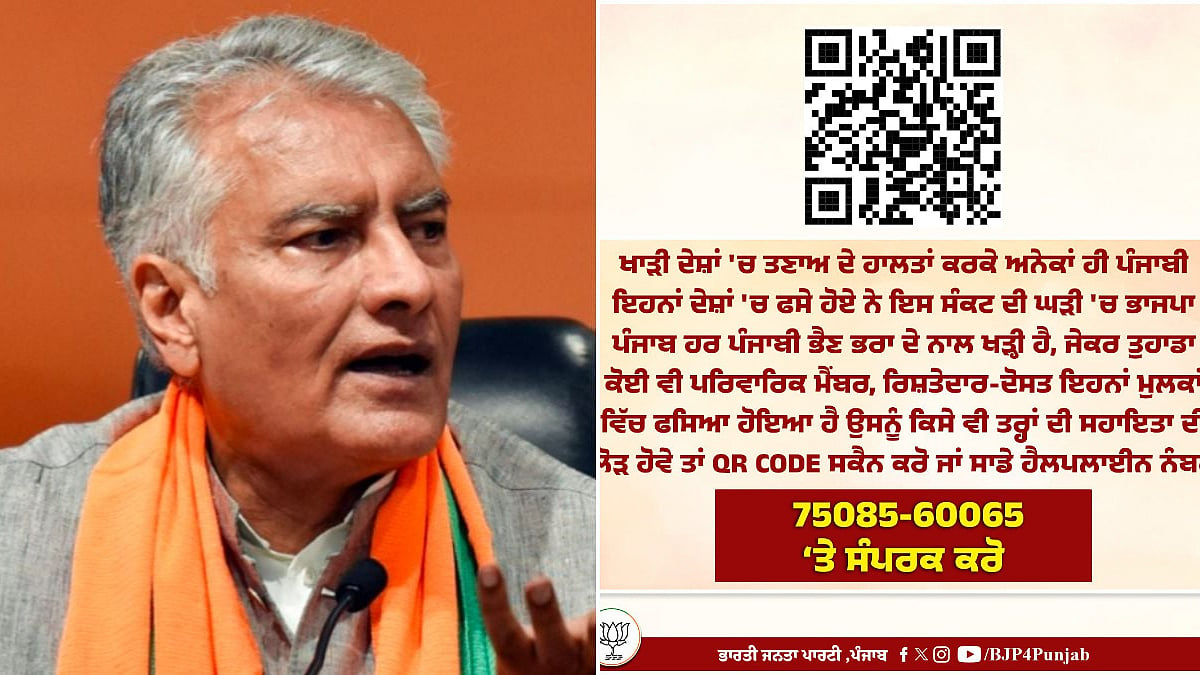Mumbai: A new reproductive health survey has revealed that Gen Z women in Mumbai face significant gaps in fertility awareness and management of reproductive health. Conducted by Motherhood Hospitals and Nova IVF Fertility across metros and tier-1 cities, the survey polled over 200 women aged 23–30. "Gen Z women" refers to women who belong to Generation Z, a demographic group born roughly between the mid-1990s and early 2010s
In Mumbai, 35% of respondents believed they had no hormonal issues, 40% reported such issues but said they were managing them, while 25% admitted they had been diagnosed with conditions like Polycystic Ovary Syndrome (PCOS), thyroid disorders, or endometriosis but were not managing them.
The findings reflect how young women perceive timelines, fertility options, and sources of information. In Mumbai, 40% of respondents relied on social media for reproductive health advice, 35% on friends, 15% on TV or movies, and only 10% on family.
Experts warn this reliance on informal channels and lack of proactive health management can have long-term consequences. Dr. Rita Modi, Senior IVF Consultant at Motherhood Fertility and IVF, Kharghar, noted, “Over 50% of women have heard of the AMH test, yet many don’t understand its significance. This knowledge gap, combined with untreated lifestyle-related issues such as obesity, PCOS, and thyroid disorders, poses serious risks for future parenthood.”
Dr. Sneha Sathe, Fertility Specialist at Nova IVF Fertility, Chembur, pointed out that while 55% of women believe fertility declines only after 35, problems can occur earlier. “Tests like AMH, semen analysis, and ultrasounds can provide valuable insights. Alarmingly, 40% of respondents didn’t know what AMH was, and only 20% believed fertility tests should be part of routine health check-ups,” she said.
The survey also revealed changing attitudes to parenthood. While 27% of Mumbai respondents planned to delay having children due to career or financial readiness, 18% said they did not wish to have children at all, reflecting the rise of the “DINK” (Double Income, No Kids) lifestyle.
With India’s fertility rate steadily falling, experts are calling for stronger awareness campaigns, workplace fertility benefits such as egg freezing, and proactive reproductive health education to help young adults make informed choices about their future.





